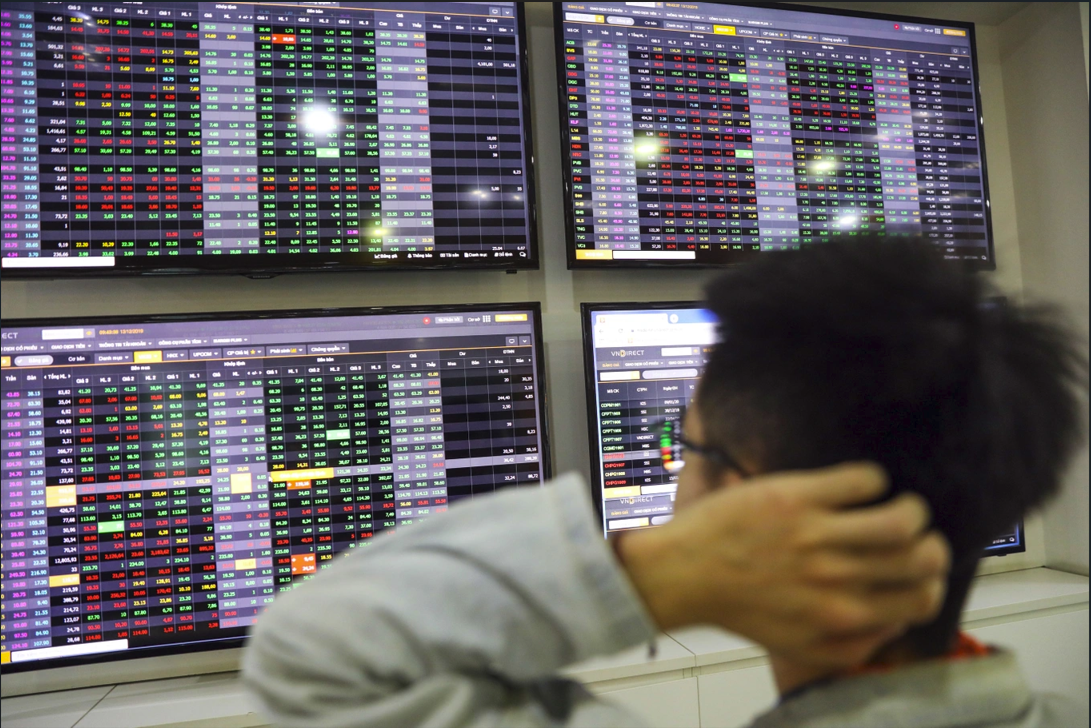 |
| The new KRX system will be operational from May 5 - Photo: Huu Khoa |
Many drastic solutions
Responding to press questions at the regular Government Press Conference in April about the prospect of upgrading the market in the upcoming September 2025 assessment period, Deputy Minister of Finance Tran Quoc Phuong emphasized: "The upgrading of the stock market is directed very strongly by the Prime Minister". Based on the Prime Minister's direction as well as the strategic orientation on market development until 2030, in recent times, the Ministry of Finance, specifically the State Securities Commission, has actively implemented solutions to promote the process of upgrading the Vietnamese stock market from a frontier market to an emerging market.
Deputy Minister Tran Quoc Phuong likened the upgrading process to a “singing contest”: In addition to the evaluation by the jury (rating organizations such as FTSE, MSCI), there is also a need for votes from the “audience” – that is, the trust of international investors. Therefore, Vietnam is carrying out two parallel processes, both working with rating organizations and building trust from the investor community.
Vietnam has met the 9 criteria for upgrading as set by rating agencies. However, as Deputy Minister Phuong affirmed, this is only a necessary condition; the sufficient condition depends on foreign investors' assessment of the investment situation in the Vietnamese stock market.
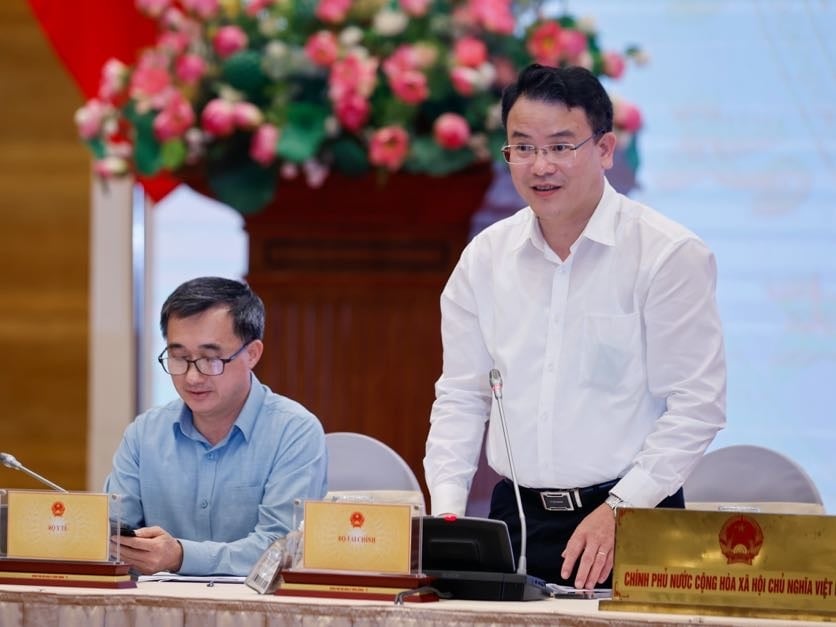 |
| Deputy Minister Tran Quoc Phuong at the regular Government Press Conference in April - Photo: VGP/Nhat Bac |
“With such necessary and sufficient conditions, in the coming time, the Ministry of Finance will focus on implementing major solutions to increase foreign investors' confidence in the Vietnamese stock market,” Deputy Minister Phuong said, emphasizing six main groups of solutions:
Firstly, deploy the KRX system as a new feature for payment transactions, introducing a number of risk prevention solutions for a number of transactions of foreign investors... The KRX system has been officially operational since May 5, 2025; At the same time, on April 26, 2025, the Ministry issued Circular No. 18 amending and supplementing a number of regulations to prepare for the implementation of the KRX system to meet a number of proposals as required by the FTSE rating organization and a number of large investors. When implementing the mechanism, it is not required that foreign investors and organizations have 100% of the money as it is now.
Second, review and amend Decree No. 155/2020, which clearly stipulates that public companies are allowed to complete the maximum foreign ownership ratio to make information on foreign ownership ratio transparent for participants in the stock market.
Third, implement payment clearing activities according to the central clearing partner mechanism; coordinate with the State Bank to simplify procedures for opening indirect investment accounts to support indirect investment activities.
Fourth, research and deploy general transaction accounts in the direction of initially meeting foreign investment funds, then propose and amend and supplement relevant legal regulations.
Fifth, increase the supply of goods, and at the same time develop new products for the stock market such as shortening the stock listing process; developing investment indexes in addition to the current investment indexes to serve as the basis for investment funds' operations...
Sixth, establish a policy dialogue group consisting of members of the State Securities Commission, experts, investors, international organizations, banks, etc. to speed up the process of upgrading the market.
Trust from the international community
Over the past decade, the Vietnamese stock market has developed impressively. The VN-Index increased 2.3 times, market capitalization increased 6.4 times, and liquidity increased 3.8 times. The number of trading accounts increased 6.7 times, while the securities trading codes (MSGD) issued to foreign investors increased 2.8 times.
In 2024 alone, the VN-Index increased by 12.9%, market capitalization increased by 21.2%, reaching nearly 70% of GDP. The number of trading accounts exceeded 9 million, accounting for 9% of the population. MSGD granted to foreign investors reached 50,000, with 12.4% belonging to institutional investors. Liquidity remained high with an average daily trading value of VND 21.1 trillion, up nearly 20% over the previous year.
“These figures show that the Vietnamese stock market is not limited by quantitative indicators and is capable of meeting the requirements for upgrading,” said Mr. Gary Harron, Head of Securities Services at HSBC Vietnam, while highly appreciating Vietnam’s reform efforts over the past decade.
He also said that qualitative criteria in market rankings are often more difficult to measure, but Vietnam has been proactive in improving them. “Recent reforms have been introduced to meet the upgrading criteria while improving overall market access for foreign investors,” said Gary Harron.
While the reforms are primarily aimed at international institutional investors, Harron believes the benefits will ultimately ripple through the entire Vietnamese capital market ecosystem. Given that individual investors currently account for 90% of transaction value, standardizing the legal framework, enhancing market oversight, improving corporate governance, and increasing transparency will help reduce their risks.
“A solid legal framework, enhanced market supervision, improved corporate governance, more modern infrastructure, increased transparency and efficiency… all not only help foreign investors feel more confident but also strengthen domestic investors’ confidence in the market,” he said.
Upgrade: condition, not destination
According to experts, the upgrading of Vietnam's stock market will mark an important milestone, but it cannot be denied that the potential of Vietnam's capital market is what is worth mentioning.
HSBC Global Research has identified Vietnam as the best performing stock market in ASEAN in 2024. However, the organization also noted that Vietnam's capital market has not yet reached its potential, and Vietnam's economic growth is still mainly based on bank credit. Compared to other ASEAN countries, Vietnam's dependence on bank credit compared to capital flows from the stock market is at a remarkable level. This over-reliance on credit could lead to increased economic adjustments that adversely impact borrowing costs.
Meanwhile, according to the World Bank Group (WBG), although Vietnam’s capital market has developed strongly, there are still many gaps. One of the main problems is the lack of long-term institutional investors such as pension funds. The high proportion of individual investors makes the market volatile, reducing the motivation for large companies to list.
Therefore, the upgrade is expected to improve the capital mobilization capacity of the stock market, support economic development and reduce pressure on the traditional credit system.
Gary Harron said HSBC currently provides custody services to about 50% of foreign institutional investors in Vietnam. “And we are really reassured to see that the management agencies have actively received comments from foreign institutional investors on international best practices to promote market development. This is a proven path in the right direction that we have observed in markets that have undergone the upgrading process,” he said.
Vietnam may have met the fixed minimum criteria, but the international investment community’s standards are increasingly high as other markets compete fiercely. HSBC’s experience shows that institutional investors will continue to look for developments that deliver efficiency, asset security and scalability.
The upgrade will certainly be an important milestone, but according to experts, the journey of capital market reform will not stop there. Because the most important thing is to develop a fully functional capital market, capable of mobilizing and allocating capital effectively to sectors and industries. This will play an important role in promoting GDP growth and enhancing the internal capacity of the economy.
“Considering these factors as well as policy reforms thanks to the international community’s feedback, it can be seen that Vietnam’s market development story is still very positive. Regardless of the outcome, HSBC Vietnam remains confident that the stock market will continue to develop and evolve, promoting the success achieved in 25 years of unlocking potential since the first trading session in July 2000, bringing mutual benefits to Vietnam,” Mr. Gary Harron believes.Source: https://thoibaonganhang.vn/thi-truong-chung-khoan-cai-cach-va-ky-vong-nang-hang-163810.html








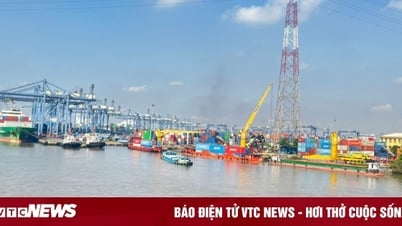

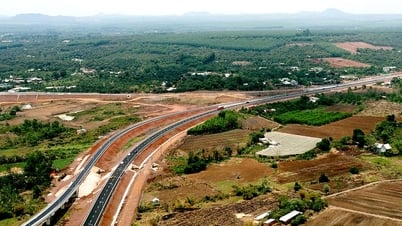

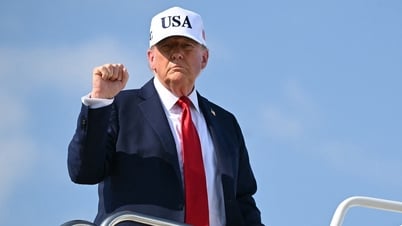
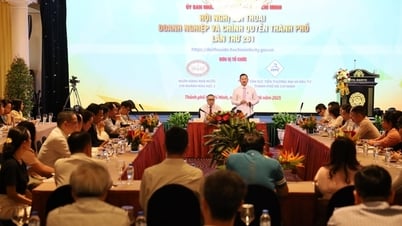

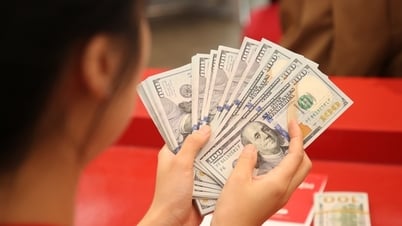
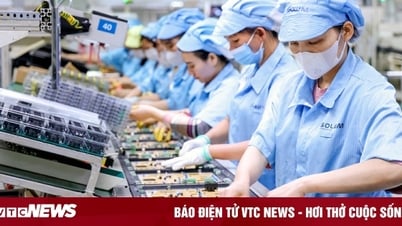







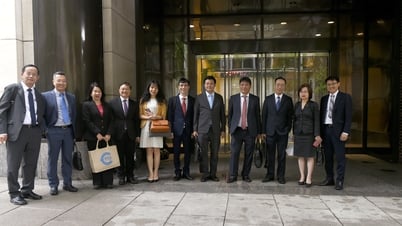
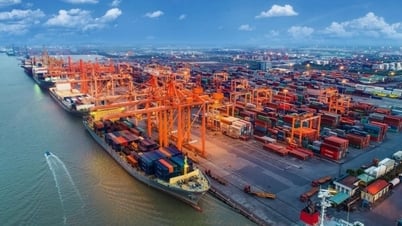
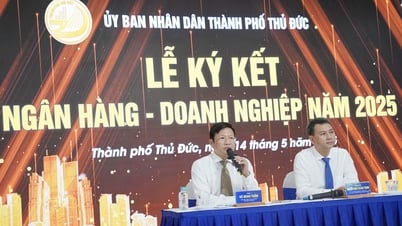











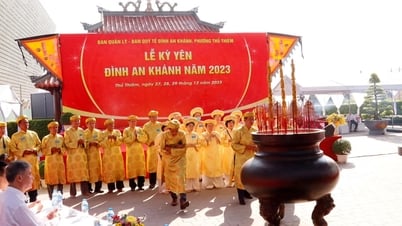





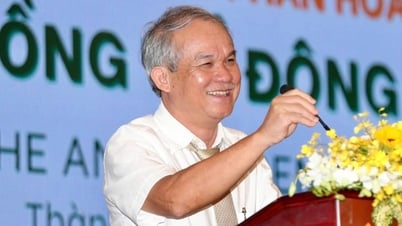

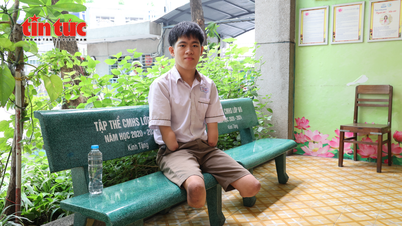



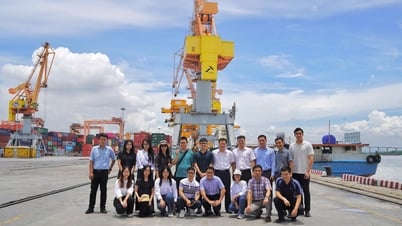




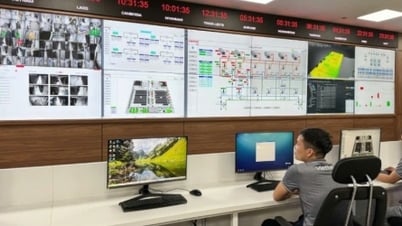



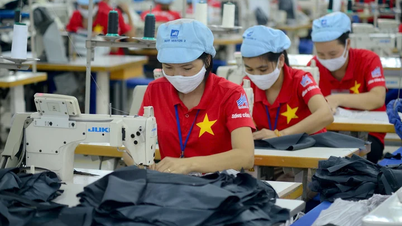









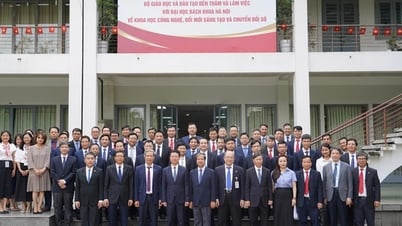

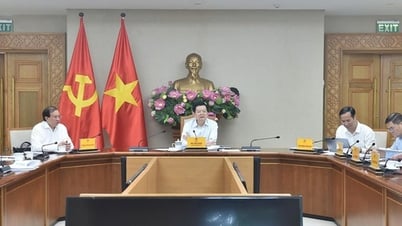

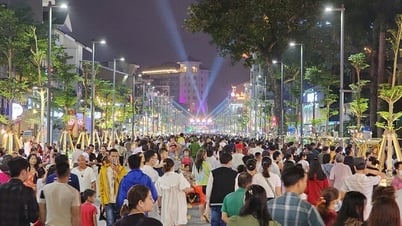
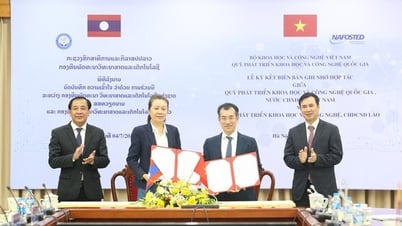
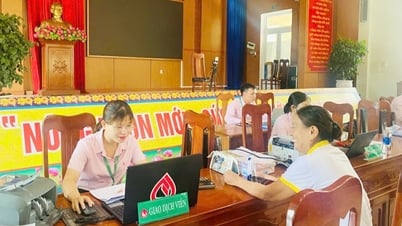





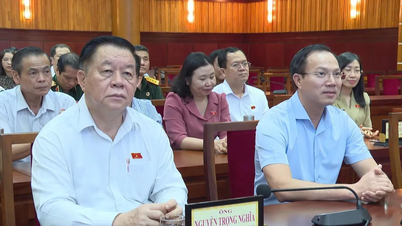

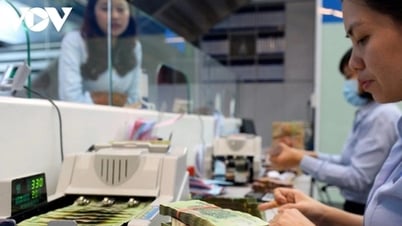



![[OCOP REVIEW] Bay Quyen sticky rice cake: A hometown specialty that has reached new heights thanks to its brand reputation](https://vphoto.vietnam.vn/thumb/402x226/vietnam/resource/IMAGE/2025/7/3/1a7e35c028bf46199ee1ec6b3ba0069e)




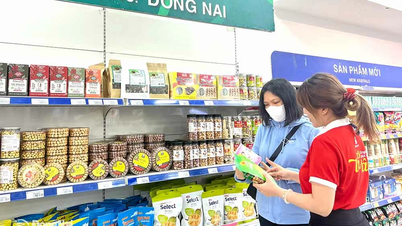


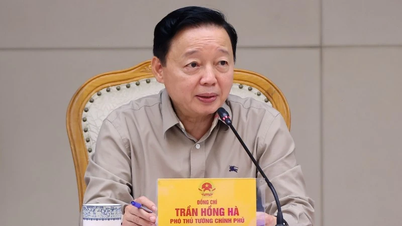

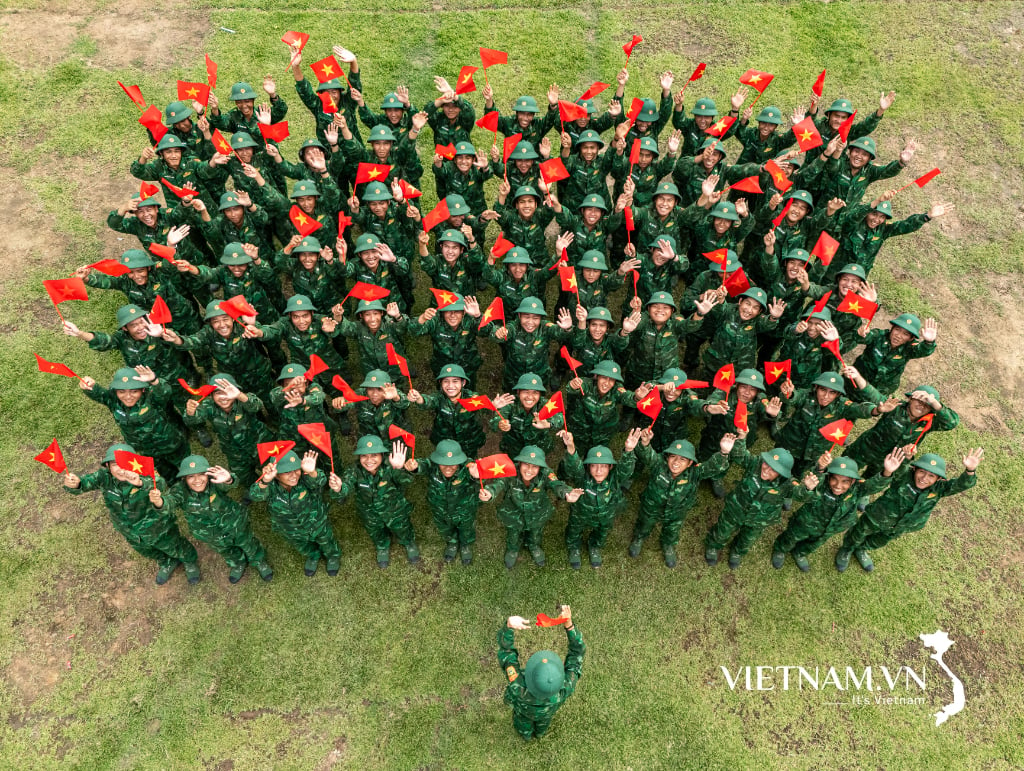



Comment (0)